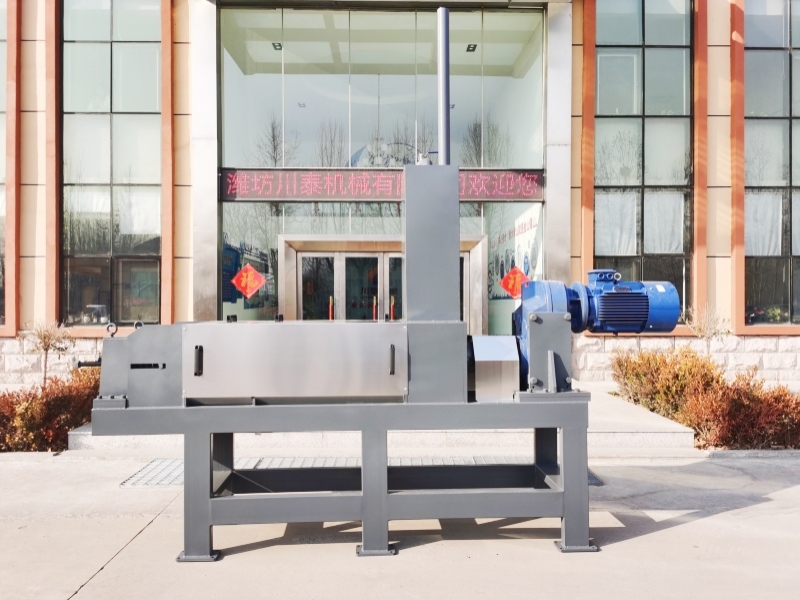
The dehydrator for feces is a revolutionary device designed to address sanitation challenges and improve waste management in various settings. This article explores the significance, working principles, and potential applications of this innovative technology.
Introduction:
Sanitation and waste management are critical aspects of public health and environmental protection. Proper management of human waste, particularly feces, is essential to prevent the spread of diseases and maintain a clean environment. Conventional waste treatment methods, such as sewage systems, may not always be feasible, especially in remote or disaster-stricken areas. In such situations, the use of a feces dehydrator proves to be an efficient and sustainable alternative.
Significance of Feces Dehydrators:
The feces dehydrator plays a crucial role in transforming raw human waste into a more manageable, odorless, and pathogen-free form. By reducing the water content in feces, the dehydrator significantly reduces the overall volume of waste, making it easier and more cost-effective to handle and dispose of.
Working Principles:
The dehydrator for feces operates on a straightforward yet effective principle. When fresh human waste is collected in the system, it undergoes a series of mechanical processes to separate the liquid content from the solid matter. The liquid fraction, comprising mostly water, is extracted and can be further treated or safely discharged. The remaining solid feces, now dehydrated, take on a dry and compact form, ready for proper disposal or resource utilization.
Applications:
Emergency and Disaster Relief: In disaster-stricken areas where sewage systems may be disrupted, feces dehydrators offer a hygienic and space-saving solution for managing human waste, reducing the risk of disease outbreaks.
Rural Sanitation: Many remote regions lack access to proper sanitation facilities. Feces dehydrators can be deployed to provide an immediate and efficient waste management solution, promoting hygiene and overall community health.
Public Events and Gatherings: Feces dehydrators are invaluable for managing large crowds during festivals, concerts, and other public events, ensuring that human waste is contained and properly treated.
Military Operations: During military campaigns or remote deployments, feces dehydrators enable soldiers to manage waste efficiently, ensuring minimal impact on the environment and local communities.
Environmental Impact:
The use of feces dehydrators can positively impact the environment in multiple ways. By significantly reducing water consumption associated with conventional flush toilets, this technology conserves water resources. Additionally, the dehydrated feces can be utilized as a valuable resource for producing biogas or organic fertilizer, further promoting sustainable waste management practices.
Conclusion:
The feces dehydrator is a groundbreaking technology that offers a sustainable, cost-effective, and hygienic solution to sanitation challenges across various settings. By revolutionizing waste management, this innovative device contributes to better public health, environmental protection, and resource utilization. Continued research and adoption of feces dehydrators can lead to improved living conditions and a healthier planet for future generations.




If your company wants to establish a business relationship with us, please briefly describe the cooperation intention and send an email to:chuantaiscrewpress@gmail.com























































































![[list:title]](/static/upload/image/20240528/1716877114510915.jpg)